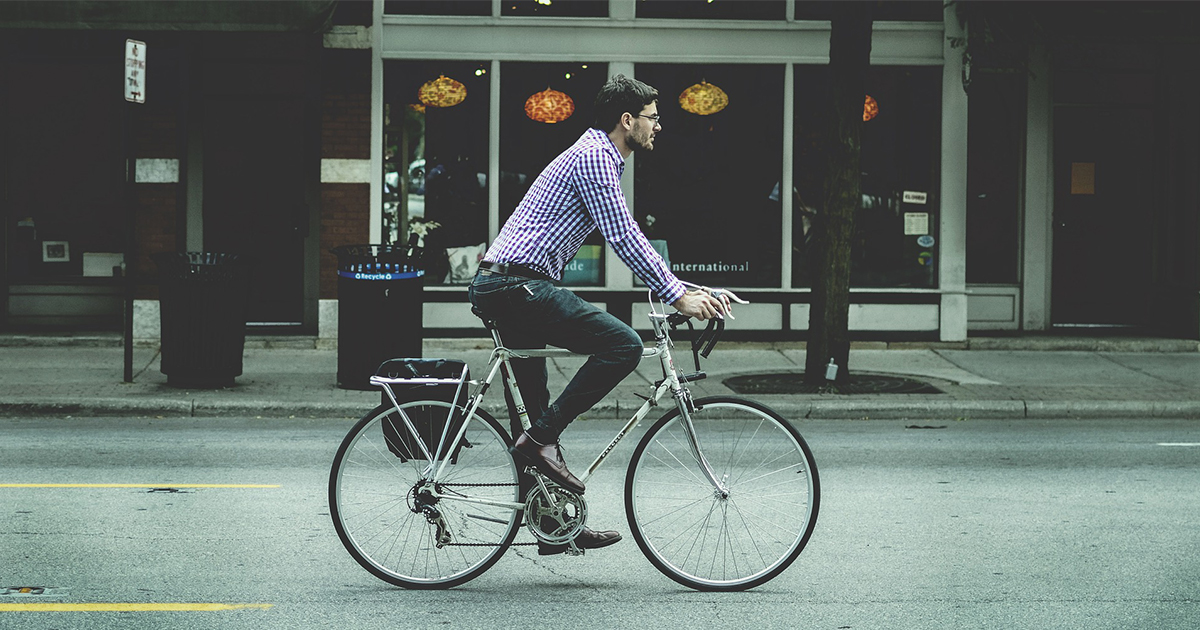Challenges of transportation and congestion are a global problem, but in Malta, where we have the 2nd highest amount of cars per capita in Europe, the problem is even greater as we are heavily reliant on our private vehicles for transportation. Do you think of the impact on the environment every time you jump into your car? Have you ever thought about how your mode of transportation can be more sustainable? Claire Ciancio, Founder and CEO of Greenroads Limited and Camille Bon, Manager at Project Aegle Foundation have been invited to highlight alternative solutions for more sustainable transportation.

How do Greenroads Limited and Project Aegle Foundation play a role in sustainable transportation in Malta?
PAF and Greenroads are both working within the area of sustainable mobility. Our shared mission is to enhance quality of life by seeking solutions to alleviate environmental, social and health impact brought about by the current culture. PAF is a non-profit organisation which in collaboration with others design pilot projects and research, encouraging public awareness and engagement, whilst targeting accessibility, safety and mobility justice and the design safe routes to school for the Naxxar Primary Schools. Greenroads is a socio-environmentally conscious company which drives sustainable and environmentally-conscious mobility solutions, including future mobility modes, mobility safety, smart connected cities, as well as simulation and analysis. Our joint current project includes the citizen engagement initiative, www.Greentrips.eu PAF also leads the EIT Urban Mobility RIS Hub Malta, in partnership with MCAST and the Valletta Design Cluster. Our mission is to encourage positive initiatives in the mobility eco-system and develop opportunities for local players representing industry, academia, research, and local authorities.What are the benefits of having more sustainable transportation in Malta?
Every individual, from kids to elderly, should be able to access an affordable and efficient choice of transport mode. A sustainable mobility system allows the basic access needs of individuals to be met safely with low impact on the environment and on people’s health. One size fits all is not a solution. People have different abilities and preferences. A lot of us tend to think of bicycles or electric cars when we think of sustainable transport. The truth is that not everyone has the physical or financial ability to own or ride such means of transport. It is good to be aware of the transport menu in Malta and make a conscious choice every time we travel from one place to another. Today, we even have a wide choice of transport in Malta. Apart from the widely used tal-linja public transport, there are a number of shared modes like: bike and scooter rentals, taxi sharing, ferry service and for when a car is strictly necessary shared electric vehicle rentals. Using other modes of transportation instead of using private cars means less cars on the road which means less traffic and shorter commuting times. Most of the road accidents are caused by cars, the impact of a metal box moving at a fast speed is certainly more dangerous so reducing the number of cars on the road and keeping speed low increases road safety. Space in Malta is limited so less cars driving at the same time means less need for wider roads and more space for life.There are also ample health and mental benefits of using active modes of transportation such as walking and cycling. We are all more human when we are not driving. It's good to use the time travelling from A to B to stay grounded and in touch with the society and environment we live in.


